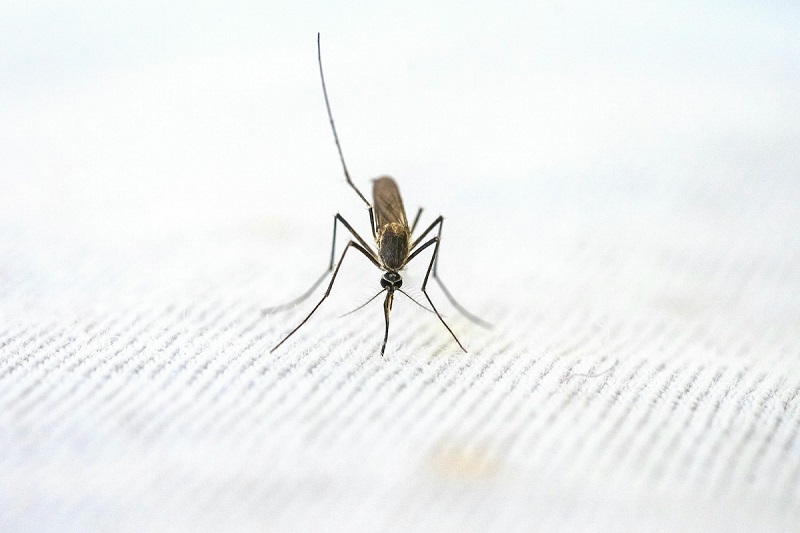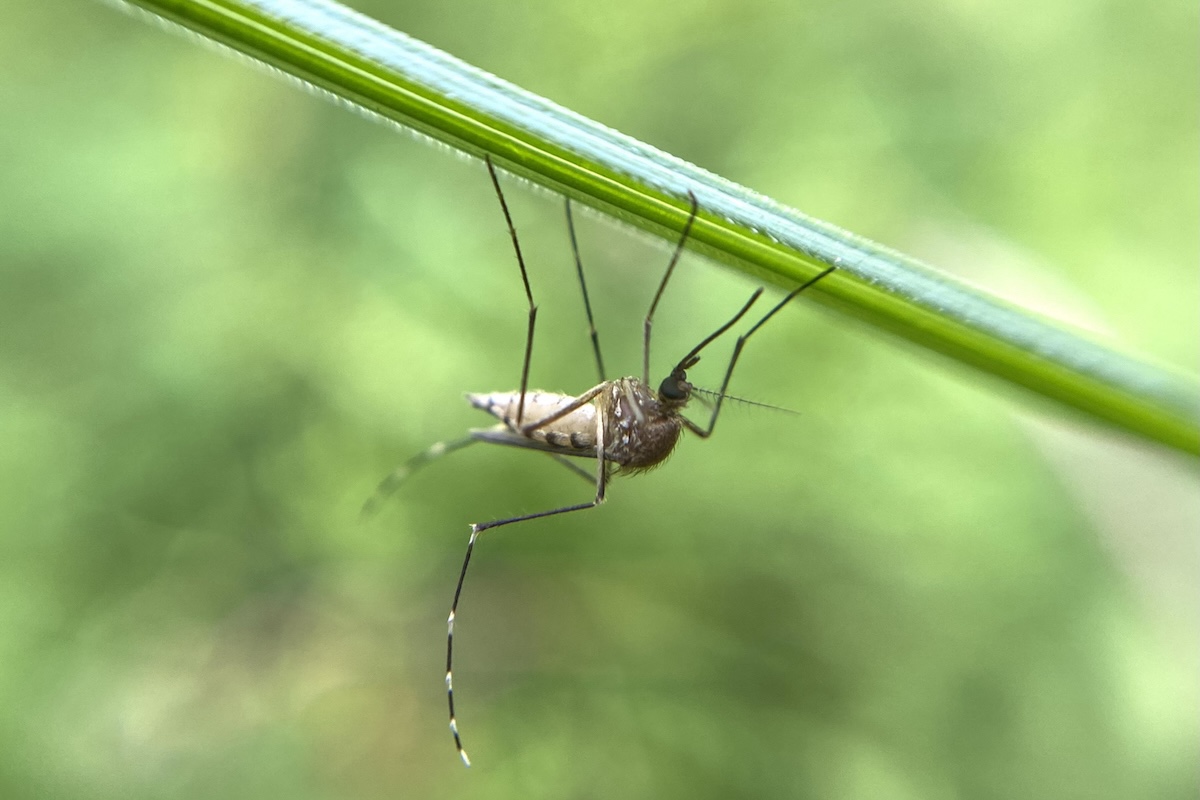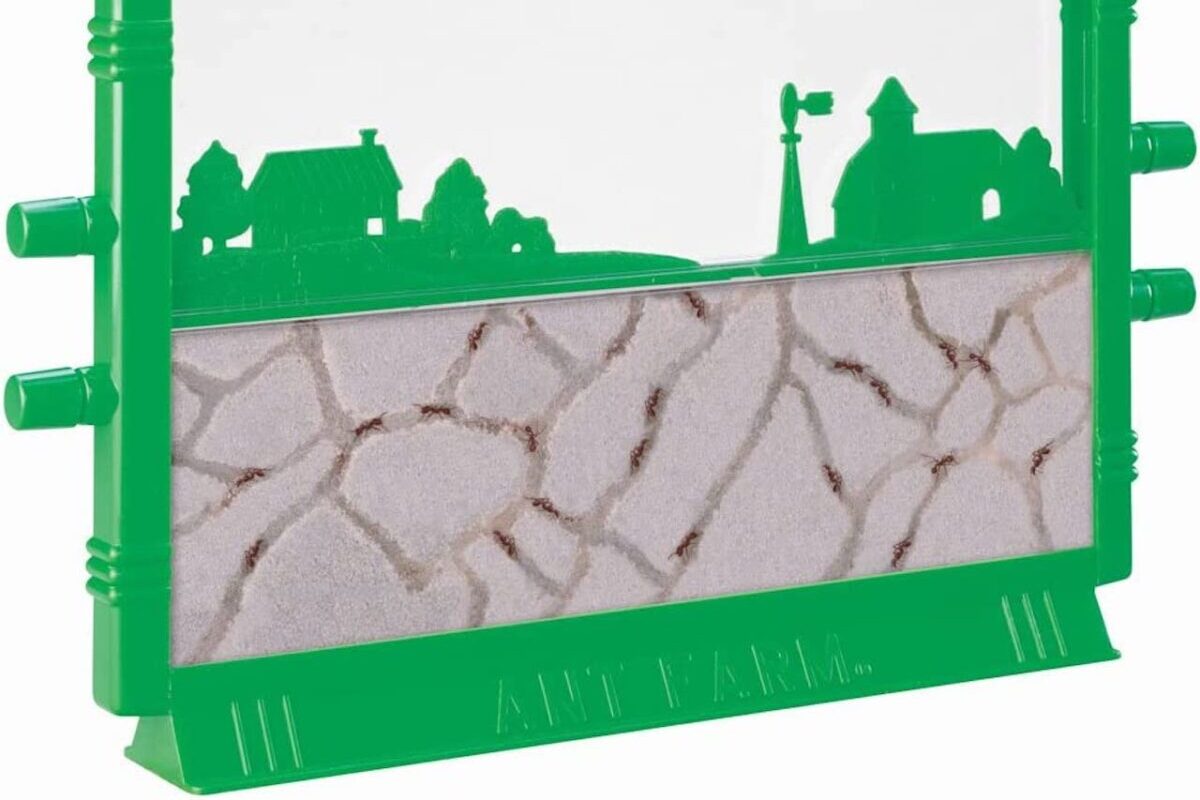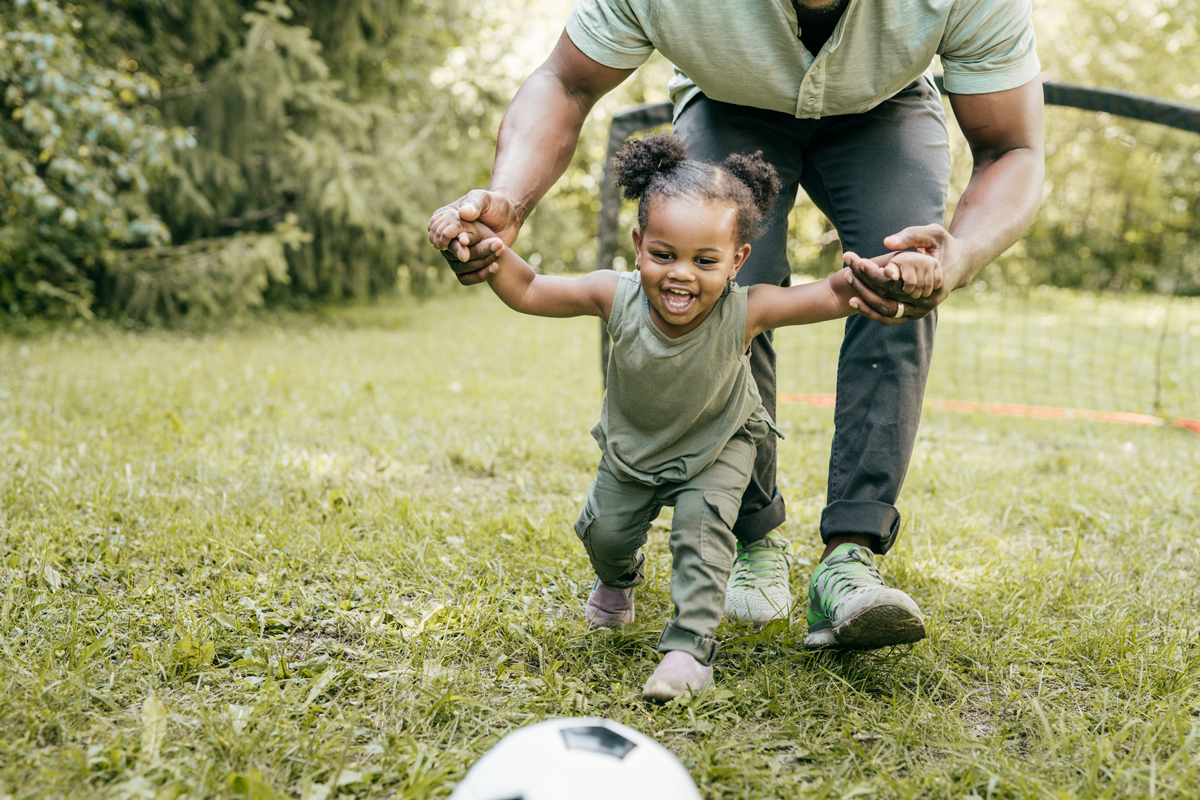Globally, mosquitoes are the most deadly animal by a wide margin. They kill an estimated 700,000 to 1 million people every year through their role in spreading disease. This is twice as many as the next most deadly animal (other humans) and 20 times as many as snakes. Most of these deaths are in the developing world, and the vast majority of them are a result of malaria.
In the U.S., malaria is not endemic, but mosquitoes can carry other diseases, some of which can be dangerous. Beyond disease, mosquitoes are an enormous nuisance and some people have an extremely bad reaction to their bites.

For parents, there are key questions: Should I really worry about mosquitoes and disease? What about bites in general? Should I spray my children or their clothes or my backyard, or all three? And the age-old question: Why do mosquitoes like some people much more than others?
Let’s dive in!
Which diseases can you get from mosquitoes?
Mosquitoes can spread a variety of diseases. This happens because mosquitoes are a vector, flitting from animal to animal, including humans. When a mosquito bites one person who has, say, the virus that causes yellow fever, they ingest the virus. The virus makes its way to the mosquito’s salivary glands. When the mosquito bites again, it transfers its saliva in the course of the bite (this helps it feed), and the virus gets into the new host.
In this way, mosquitoes can transfer viruses, bacteria, or parasites. Malaria is caused by a parasite, but other common mosquito-borne diseases are viruses (yellow fever, Zika, West Nile) or bacteria (for example, tularemia).
Historically (we are talking on the order of hundreds of years), various parts of the U.S. had endemic malaria, yellow fever, and other mosquito-borne illnesses. That is no longer true, but there are a number of illnesses that mosquitoes in the U.S. do cause. These are summarized below. In all of these cases, the CDC is notified about detected cases of the virus, which is how we have counts. However: for all of these viruses, most people who are infected never have symptoms or have mild symptoms that are never reported. Any numbers below should, then, be taken as counts of more serious illness.
(You can see details and counts for all of these at the CDC’s ArboNET.)
Not included in this list are things like dengue and Zika, which are not endemic to the U.S. These are a possible risk when traveling. It is worth noting that of these illnesses, West Nile is by far the most common and — in my view — the only one that is common enough to think seriously about prevention for. Although eastern equine encephalitis (for example) is terrifying, you are much, much more likely to be injured this summer in your car.
So: these are the disease reasons we worry about mosquitoes. Notably, not every mosquito spreads every disease. Different mosquito types are responsible for different illnesses. You can find some nice pictures here, but, honestly, I think we can agree that after you smash a mosquito dead on your arm, you’re not going to be able to identify the species.
Why do mosquito bites itch and how do I treat it?
Even if you do not get a disease (you probably will not!), mosquito bites are the worst. They itch! When I was a kid, they told us not to scratch them, which I repeat fruitlessly to my own children. What kind of advice is that? Someone once told me that if you press an “X” across the top of a bite really hard with your fingernails, it will stop itching. That doesn’t work for very long, FYI.
The bites itch because your immune system reacts to the mosquito saliva, (correctly) viewing the saliva as a threat and mounting a response. This response includes a histamine, which is what causes inflammation and itching. When you itch, this prompts more histamine. Which is why, yes, scratching your bites can make it worse.
For most people, there is nothing inherently dangerous about itchy mosquito bites (beyond the disease risk above), although if you break the skin with scratching, they can become infected. But the worries here are largely about comfort.
There are many anti-itch creams on the market. Hydrocortisone 1% (found in, say, Aveeno) can help reduce inflammation and therefore relieve itching. Another oldie but goodie is Caladryl (calamine lotion), which I recall vividly from my childhood, when I spent many summer afternoons slathering myself with it. It’s not a steroid but a mix of zinc oxide and ferric oxide, and is great for itch relief.
Some people — kids and adults — have much larger reactions to mosquito bites. This can come in the form of an allergic reaction that develops a few hours later and causes wider swelling of the area. This is sometimes called “skeeter syndrome,” which is a ridiculous name but hard to forget. If you or your child has this, the types of treatment options (steroids, antihistamines) are similar to a smaller bite, but you may need more of them. This is a time to call your doctor.
How can I prevent mosquito bites?
The best way to avoid all the problems that come with mosquitoes is not to get bitten. But how?
First: wear long sleeves. I know it’s hot out, but if it is possible to wear long sleeves, that’s good protection.
Second: insect repellent when you go out. The thing that works best as repellent is something with DEET. I hear you saying: isn’t that dangerous? Yes, it is technically a poison, and you certainly do not want to ingest it. However, when used correctly, it’s fine.
Here’s a review article, entitled “Is DEET a dangerous neurotoxicant?” To which the answer (by their reporting) is “no.” The CDC and other official bodies (notably the American Academy of Pediatrics) also support the use of DEET-containing repellents, although they note that you do not need “100% DEET” and in fact recommend no more than 30% DEET in repellents. These recommendations are based on the fact that data doesn’t suggest DEET is a neurotoxin in normal usage.
Third: permethrin on your clothes and shoes. Permethrin is a spray that mimics a chemical in chrysanthemum flowers. It’s not something you use on your body, but instead you treat your clothes and shoes with it and it kills mosquitoes (or ticks) when they land on you. At the start of every summer, our family lays out all of our shoes in the driveway and covers them in this stuff (we use this). You could also treat socks, jackets, and (if you like camping) your tent. It lasts for six months.
Finally: if you’re going to be hanging out in one place outside, you might consider a product that repels mosquitoes in the area. There is a class of product that you put on a table — like an actually effective citronella candle — that repels mosquitoes in about a 20-foot radius. There is experimental evidence that this works. Wirecutter recommends this one.
Nothing will prevent you from getting a few bites! But if you do these things, you’ll get fewer.
Why do mosquitoes love me?
Because you’re special and wonderful! Actually, we do not really know. Mosquitoes seem to be drawn more to some people than others. One reason is that some people exhale more carbon dioxide, effectively making themselves easier to find. Mosquitoes also seem to like people who have a higher body temperature.
The strongest evidence relates to carboxylic acid levels in your skin. Some people have tastier skin chemicals! Sadly, there’s not much you can do about this. I do recommend finding a spouse who has a more attractive set of skin chemicals so they can siphon off the bites. It has worked well for me!
The bottom line
- Mosquitoes can spread disease, although mosquito-borne disease is still rare in the U.S. West Nile is the most common.
- Itching can be treated with a steroid cream or calamine lotion.
- Prevention: clothes, repellent on your body, treating your clothes, area-level protection.
- Some people are tastier than others!





















Log in
My father died from complications of West Nile Virus, contracted in a NJ backyard. A horrible disease, worth far more than an ounce of prevention – hoping we’ll have a vaccine one day for people (right now, it’s only for horses).
My infant keeps getting mosquito bites on his forehead – not a place adults usually get bit, and not somewhere I’m eager to put DEET even if generally safe! Any additional head-specific ideas for prevention?
Hat?
What are your current thoughts on the risk of Dengue in the Caribbean? We have a March trip planned for St. Barths (2nd trimester) and am wondering if I should reconsider? Would appreciate any help sorting through the information!
Have you used Picaridin? It’s also made by Sawyer and claims to be safer than DEET? We’re traveling to Massachusetts next week and trying to find the safest and most effective option for my 20 month old.
I live in MA and swear by the sawyer picaridin repellent! Mosquitoes love me and I never get bites with it. No issues using it on my 1 year old either!
What about those repellent patches that you attach to clothes? Do they work?
They work really well for me and my kids. I have the allergic reaction to the bites and the patches have made a huge difference. I use Quitch, although there are multiple out there. My son who has the same reaction as I do will stop itching and scratching when I put them on. I wish I had them as a kid!